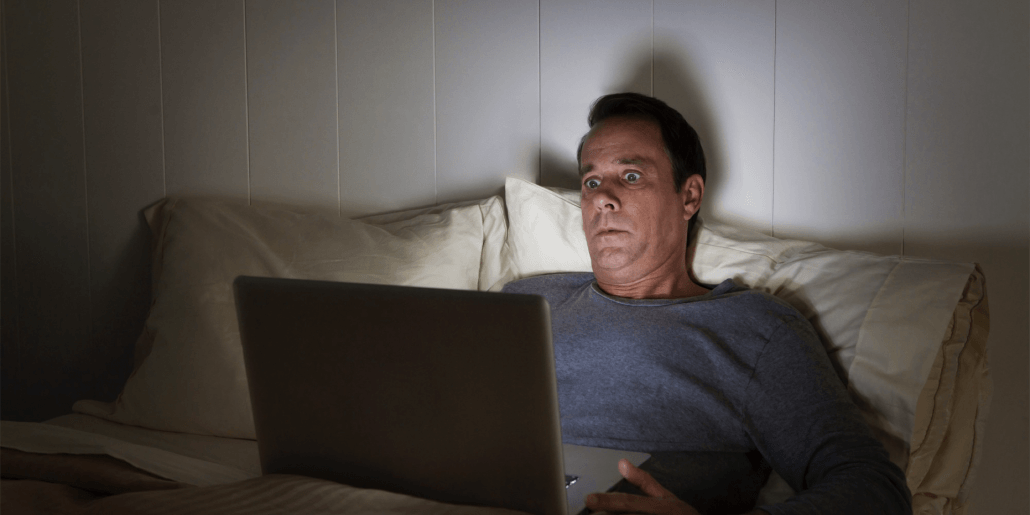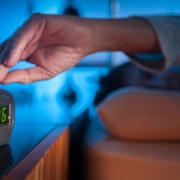Evening exposure to light-emitting eBooks can reduce quality of sleep
Researchers at Brigham and Women’s Hospital in Boston studied 12 healthy adults who were randomized to read either a light-emitting eBook or a printed book in dim room light. The participants in each group read for 4 hours prior to bedtime for 5 consecutive evenings. At the end of the 5 days, the subjects switched their assignments. Blood samples were taken during the study and evaluated for melatonin levels. The researchers also documented sleep latency, time and efficiency using polysomnography, a diagnostic tool used in sleep studies.
The reading of eBooks before sleep was associated with a longer time needed to fall asleep and less rapid eye movement (REM) in comparison to reading a printed book. Printed book reading resulted in no suppression of melatonin, but eBook readers experienced an average melatonin suppression of over 55%. In addition, compared to the reading of printed books, the onset of melatonin release in response to dim light occurred 1.5 hours later the day following reading of an eBook. Individuals reading the e-Books also reported being more tired and taking longer to become alert the next morning.
Unlike natural light, electronic devices emit a short-wavelength-enriched light that is more concentrated in blue light. These results demonstrate that evening exposure to light-emitting electronics such as eBooks may delay the circadian clock and suppress the release of melatonin, and this may have a negative impact on sleep, performance, health, and safety.










